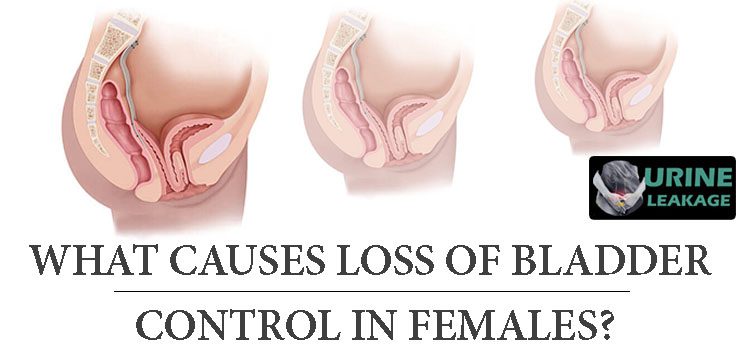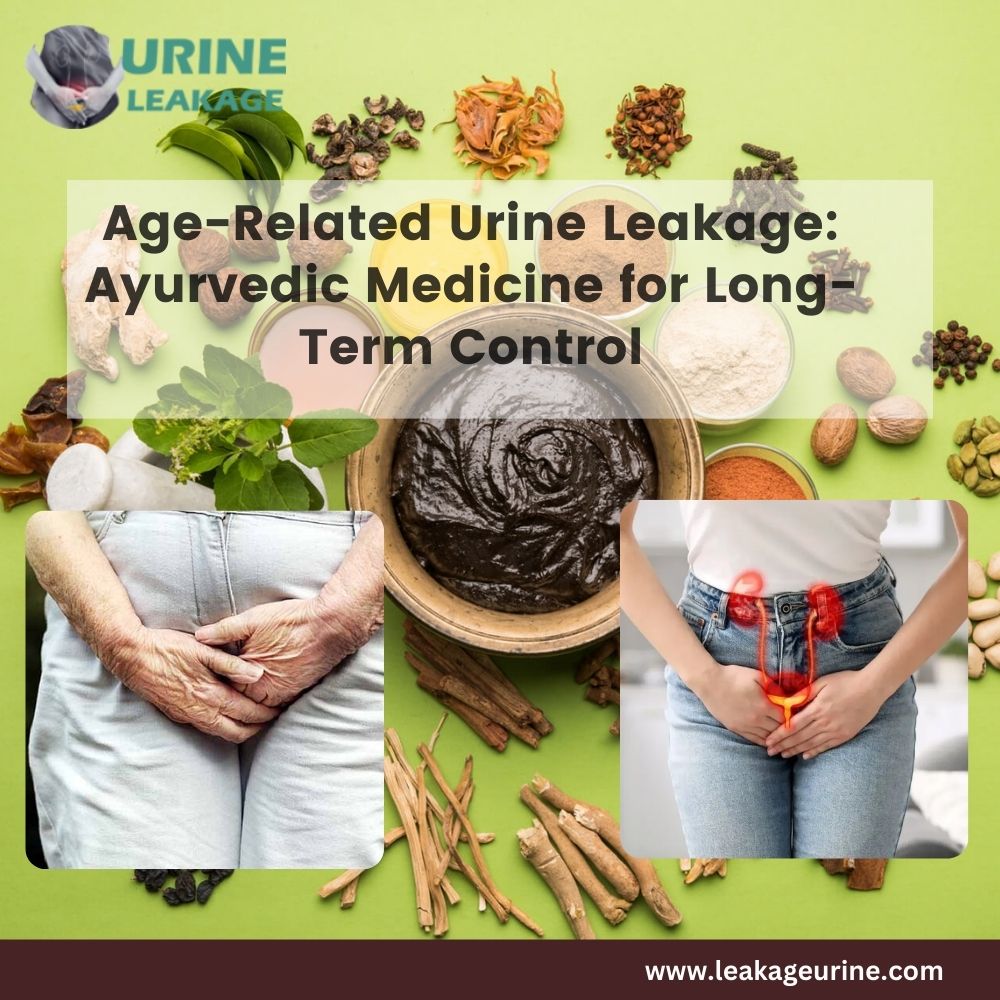Urinary incontinence, or the inability to control one’s bladder, is a frequent and unpleasant condition. The intensity may vary from sometimes spilling pee when you cough or sneeze to having a sudden and intense need to urinate that prevents you from reaching a bathroom in time.
Urinary incontinence is not a natural part of ageing, but it does become more common as individuals grow older. If urine incontinence is interfering with your everyday activities, contact your doctor. Symptoms of urine incontinence may usually be treated with easy lifestyle and dietary modifications, as well as medical attention.
When should you visit a doctor?
You may be hesitant to talk to your doctor about incontinence. However, if incontinence occurs frequently or has a negative impact on your quality of life, you should seek medical help. Urinary incontinence can:
- cause you to limit your activities and social interactions
- have a negative impact on your quality of life
- increase the risk of falls in older adults as they rush to the toilet
- indicate a more serious underlying condition
Causes of uncontrollable urge to urinate
Urinary incontinence may be caused by a variety of factors, including daily behaviours, underlying medical disorders, and physical issues. Your doctor can do a comprehensive examination to identify the cause of your incontinence.
Urinary incontinence that is just temporary
Diuretics are beverages, meals, and medicines that stimulate your bladder and increase the amount of pee you produce. They are as follows:
- Alcohol
- Caffeine
- Carbonated beverages and sparkling water
- Artificial sweeteners
- Heart and blood pressure medicines, sedatives, and muscle relaxants
Urinary incontinence may also be caused by a medical disease that is readily treated, such as a urinary tract infection. Infections may irritate your bladder, resulting in frequent urination and, in rare cases, incontinence.
Persistent urinary incontinence
Urinary incontinence may be a long-term condition caused by underlying physical problems or changes, such as: Hormonal changes and the growing weight of the foetus may induce stress incontinence.
- The birth of a child. Vaginal birth may cause bladder control muscles to weaken and bladder nerves and supporting tissue to be injured, resulting in a depressed pelvic floor (prolapsed). When the bladder, uterus, rectum, or small intestine are pushed down and protrude into the vaginal canal, this is known as prolapse. Such protrusions may be related to incontinence.
- Changes as you become older. As the bladder muscle ages, its capacity to hold urine may deteriorate. In addition, involuntary bladder contractions become more frequent as you get older.
- Menopause is a term used to describe the period when a woman After menopause, women produce less oestrogen, a hormone that helps keep the bladder and urethra linings healthy. If these tissues degrade, incontinence may get severe.
- Enlargement of the prostate gland Benign prostatic hyperplasia, or enlargement of the prostate gland in older men, is a common cause of incontinence.
- Prostate cancer is a male-specific disease. In men, stress incontinence and urge incontinence have been related to prostate cancer that has gone untreated. Incontinence is a common adverse effect of prostate cancer treatment.
- There is an obstruction. Overflow incontinence may be caused by a tumour obstructing the normal flow of urine anyplace in your urinary system.
- Neurological disorders such as multiple sclerosis, Parkinson’s disease, a stroke, a brain tumour, or a spinal injury may induce urine incontinence by interfering with nerve signals that regulate bladder control.




